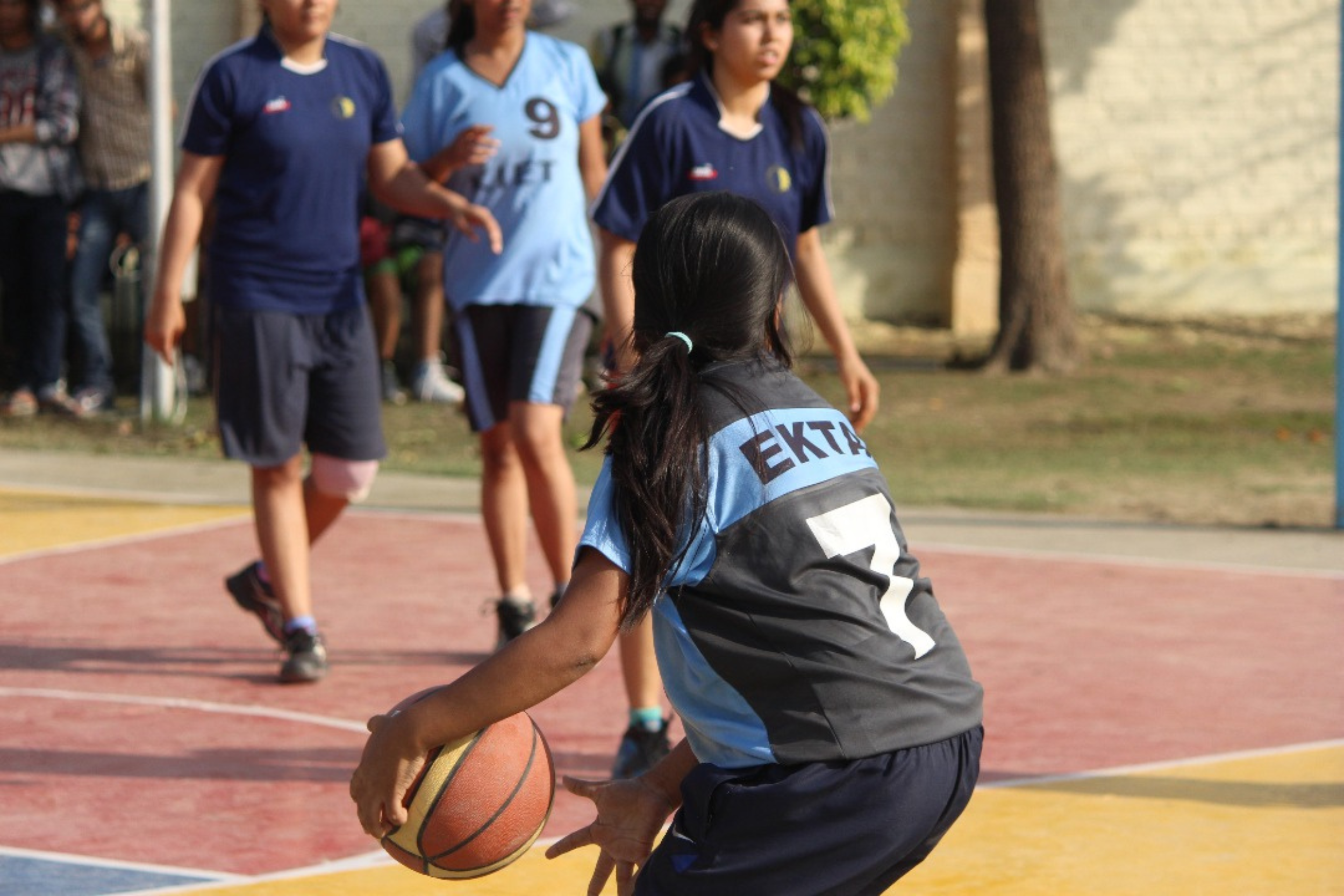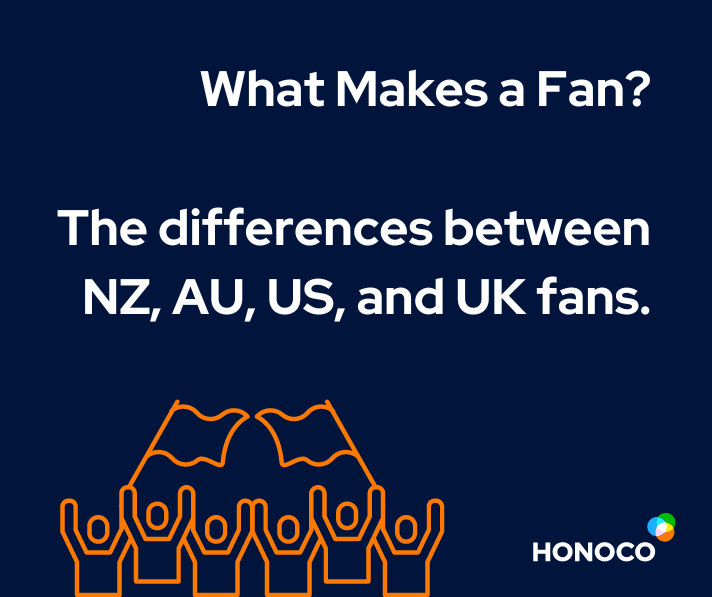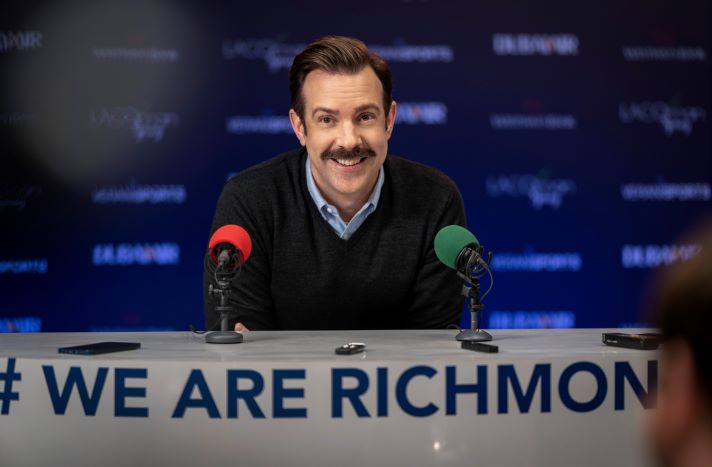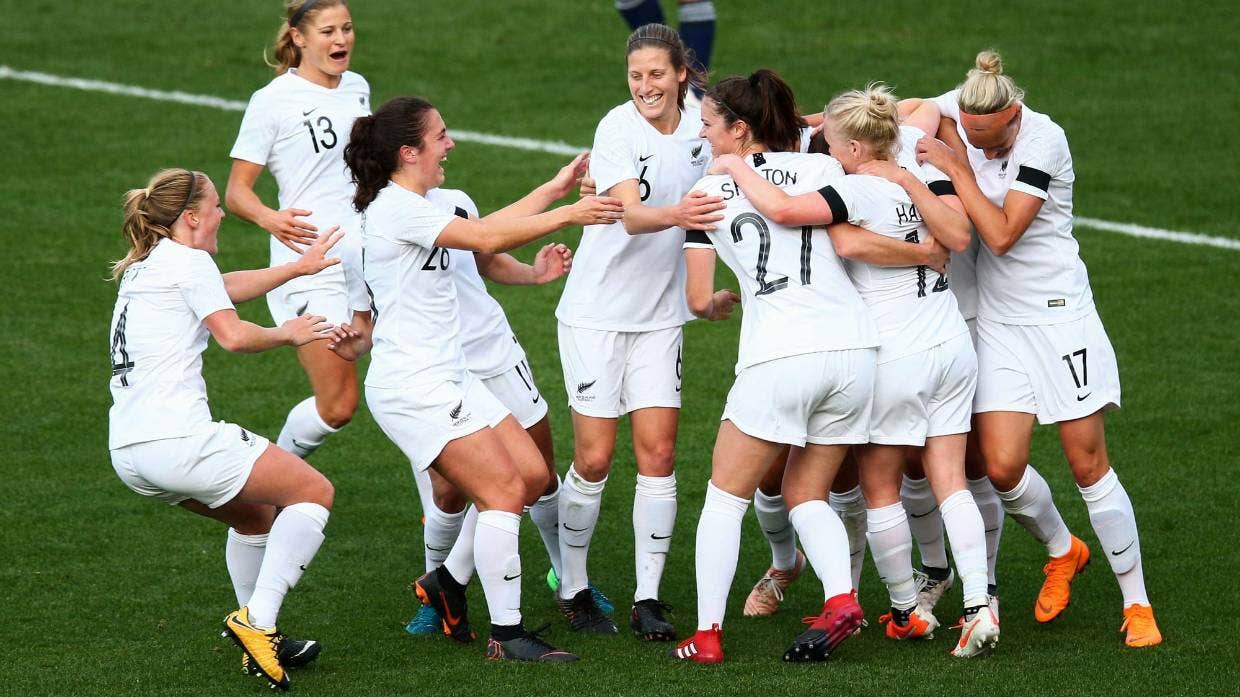Stories Over Scores - Part 1 - Once Upon a Time in Hollywood
Scorelines are always recorded in the history books. Just like bottom lines are always recorded in annual reports or tax returns.
But neither tells the whole story. And quite often, neither tells the most interesting or the best story. This got the Honoco team thinking about how important storytelling is; how it can enhance relationships between fans and players, teams and communities, even boards and operational staff.
Especially in instances where the ‘scoreline’ isn’t ‘good’ in conventional terms.
We think storytelling plays a key role in sports partnerships. From large national organisations to small volunteer-led teams; whether you’ve got deep pockets or operate on a shoestring budget, one of the reasons we love sport so much is the magnitude of powerful, inspiring, entertaining, and humbling stories it creates – all just waiting to be told.
The hono in Honoco comes from te reo Māori and means join, connect or link. And good storytelling joins, connects, and links people in spades. Stories help communicate the bits that aren’t reported on, they are often the part of the iceberg beneath the water; the news that isn’t clickbaity enough for the headlines.
Great stories are a foundation of communication. Communication builds understanding, understanding builds trust, trust builds support, and with support… your options are endless.
Later this year, Taika Waititi will release “Next Goal Wins”, a feature film adaptation of the 2014 documentary film of the same name, which in turn took inspiration from James Montague’s book, “Thirty-One Nil”.
Now, 31-0 isn’t a good scoreline for anyone – not even the winner.
“I felt so sorry for those guys, because we couldn’t not try. It felt bad the way we were scoring and how easy it was, but we simply had to do what we had to do.”
Archie Thompson – Australian football royalty, and world record holder as he was the scorer of 13 goals in that 31-0 rout.
The movie tells the story of what American Samoa did next after being labelled the worst football team in the world after their thumping by Australia in 2001. We won’t give away any spoilers, but trust us, the stories are endless. From the average age of the American Samoan team being 18, many having never played 90 minutes of football, and unbelievably, nineteen of the initial twenty-man line up deemed ineligible to play just 3 months before the fixture – when FIFA delivered the news that any picks must have a valid US passport.
The power is in the people.
For many of us, only the scoreline of that infamous match will stick in our minds, which is why telling stories of the people behind the scores is critical. Their journeys, trials, tribulations, where they’ve come from, and what they did next.
Isn’t it incredible to learn that ex-American Samoa goalkeeper Nicky Salapu is now settled in the US, and at weekends he referees youth-team games to stay in shape. He turns down regular offers of paid coaching work instead saying, “I don’t want to do that: keep the money and buy your kid some equipment.”
And wonderful to imagine the smile on his face as he explains that he’s best friends with the guy who’s playing him in Taika’s movie.
We’re sure the stories from the big stage will be plentiful with the upcoming FIFA Women’s World Cup 2023. Some might spark another Hollywood idea in twenty years’ time.
- What FWWC23 teams and players are going to resonate with tamariki across New Zealand?
- What impact will players make off the pitch?
- Are we on the cusp of another story like Marcus Rashford’s, who in just under 13 weeks helped supply the equivalent of three million meals to children that relied on free school meals from their now pandemic-closed schools?
We recently ran some online focus groups as part of the Honoco Digital Opinions Programme and the stories and athletes that are inspiring and resonating most strongly with young people surprised us. (More on that in Part 2 of “Stories Over Scores”).
Within our Honoco Team, we have our fair share of “biggest loser” stories, all of which include far more humour, human interest, and inspiration than the scoreline (or bottom line) would lead you to believe.
One of our favourites? Richard captained the worst mixed doubles tennis team in the North Harbour region (yep, they came last in the lowest division), but MORE people wanted to play for that team next season because of the fun (no pressure to win) attitude they had!
How do great stories trickle down to the small stage at grassroots? How can your team, your club, your organisation share the stories of your people? Who are the personalities behind the email addresses from head office? Who’s the volunteer that is always helping out? What motivates your coach to give back to the sport? Who’s your most passionate and loyal fan?
He aha te mea nui o te ao? He tangata! He tangata! He tangata!
What is the most important thing in the world? It is people! It is people! It is people!
This whakatauki (Māori proverb) talks about the importance of human connection and relationships, and yes, we’re a data-led organisation, but, like you, we know people are really the most important.
#honocoinsights #sportsmarketing #storytelling









